Ethics Essay: Examining Moral Inconsistencies in Vegetarianism Debate
VerifiedAdded on 2020/03/07
|5
|954
|73
Essay
AI Summary
This essay delves into the ethical complexities surrounding vegetarianism, examining the moral consistency of human actions in relation to animal consumption. It explores three key ethical theories: Deontological ethics, which, drawing on Kantian principles, questions the direct duties humans have towards animals; Utilitarianism, focusing on the consequences of actions and the ability of animals to experience pain and pleasure; and Virtue ethics, assessing the virtuousness of eating meat. The essay investigates whether these theories support or reject vegetarianism, highlighting the varying perspectives on animal rights and moral obligations. The analysis includes discussions of Kant's views on animal rationality, Bentham's utilitarian arguments, and the concept of virtue in dietary choices, ultimately addressing the question of whether eating meat is morally justifiable based on different ethical frameworks. This essay provides a comprehensive overview of the arguments for and against vegetarianism from various philosophical standpoints.
1 out of 5
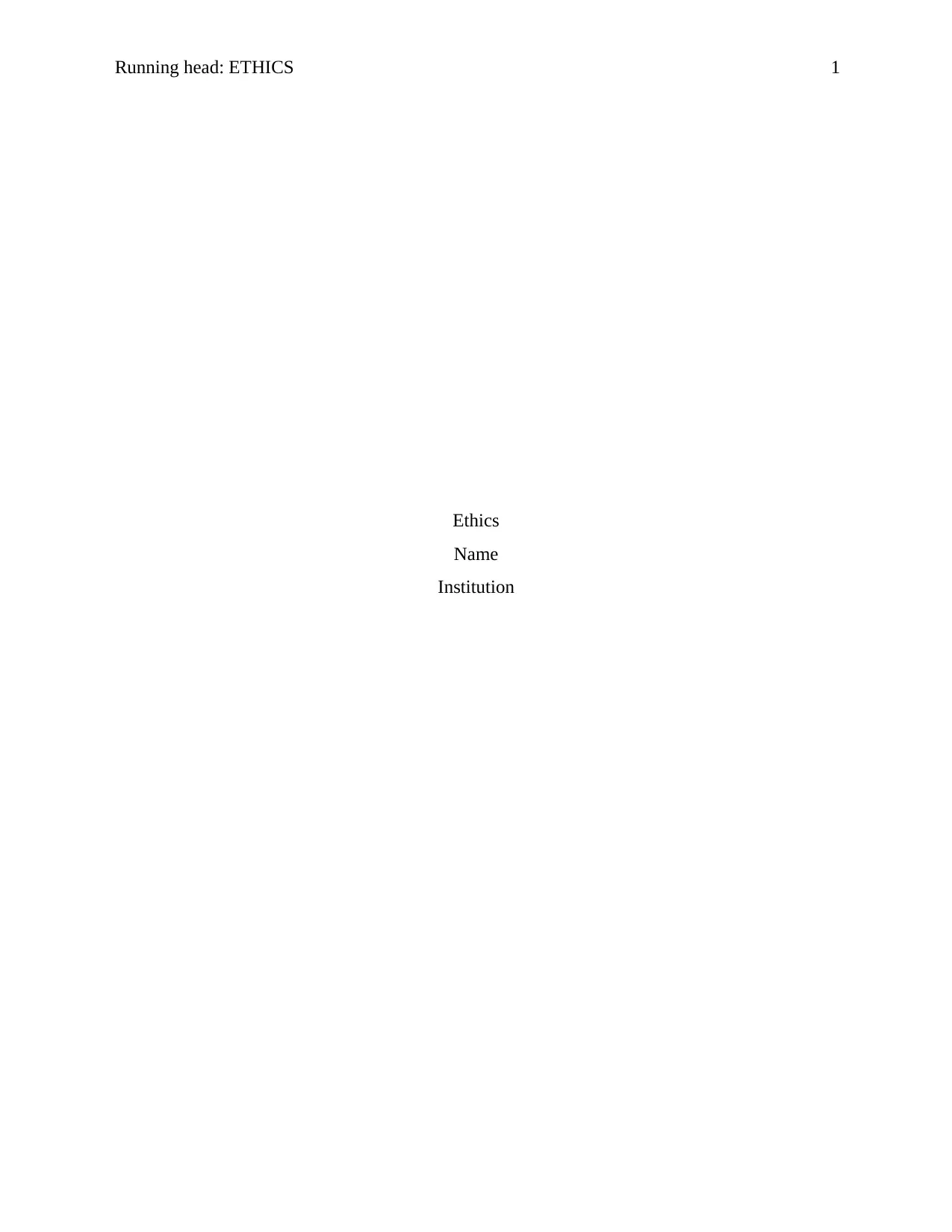
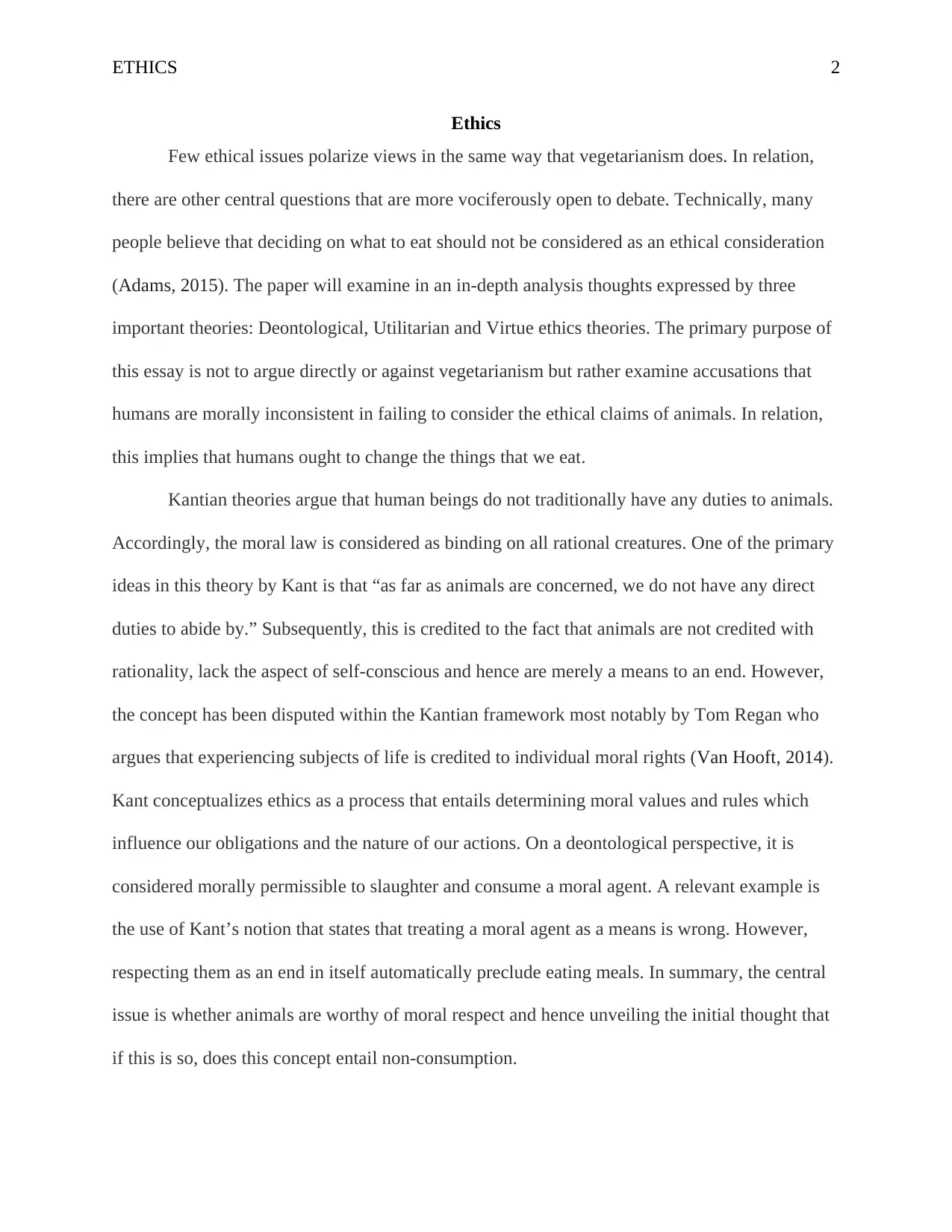
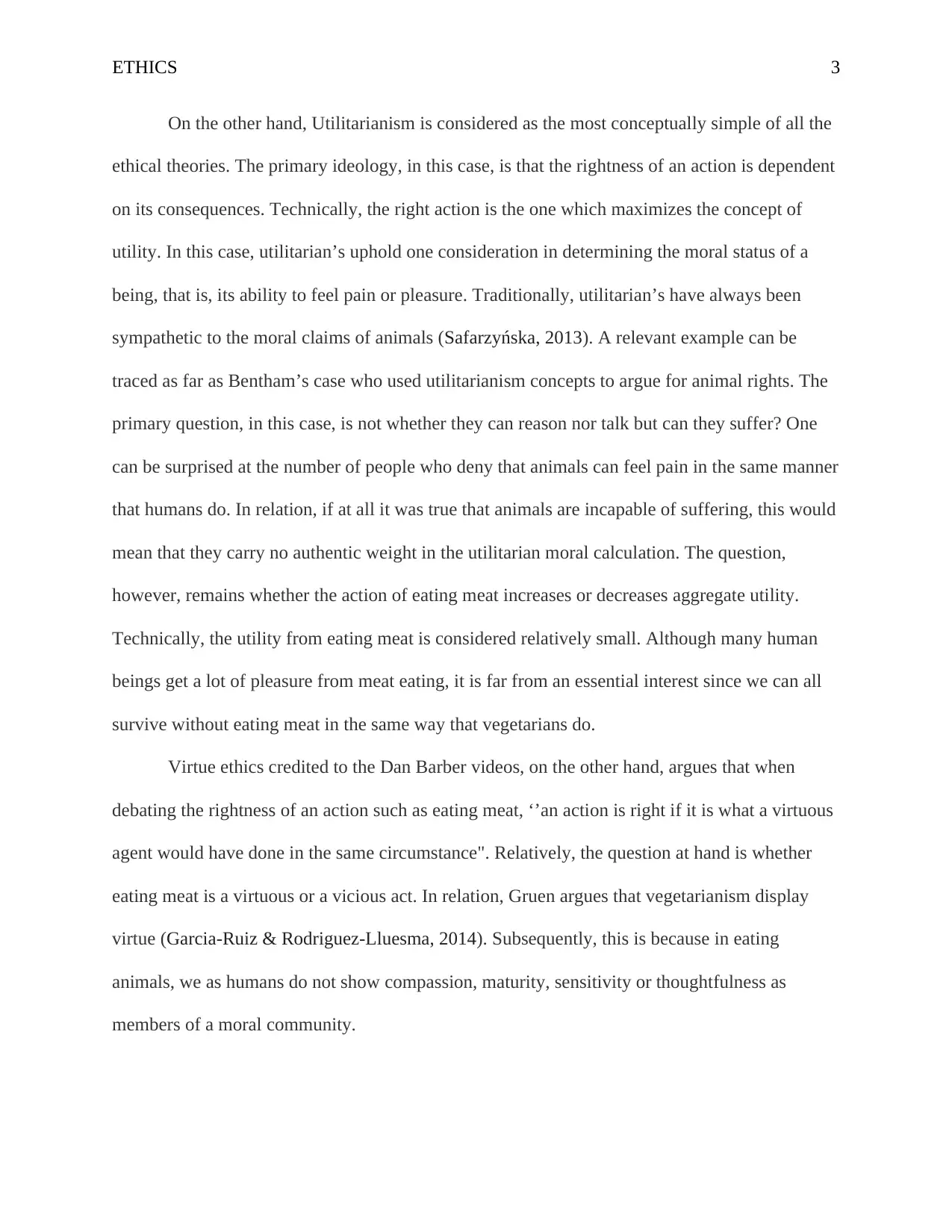

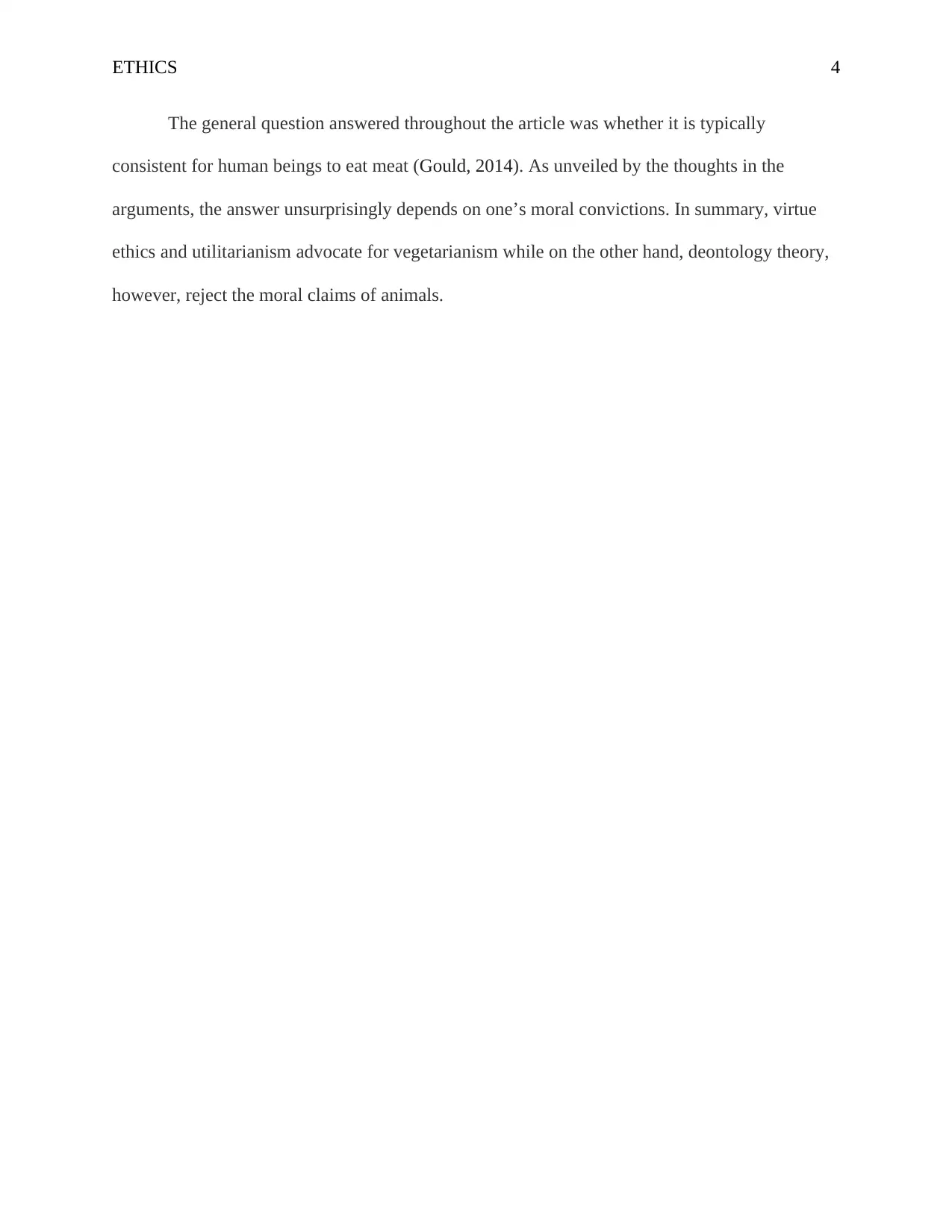
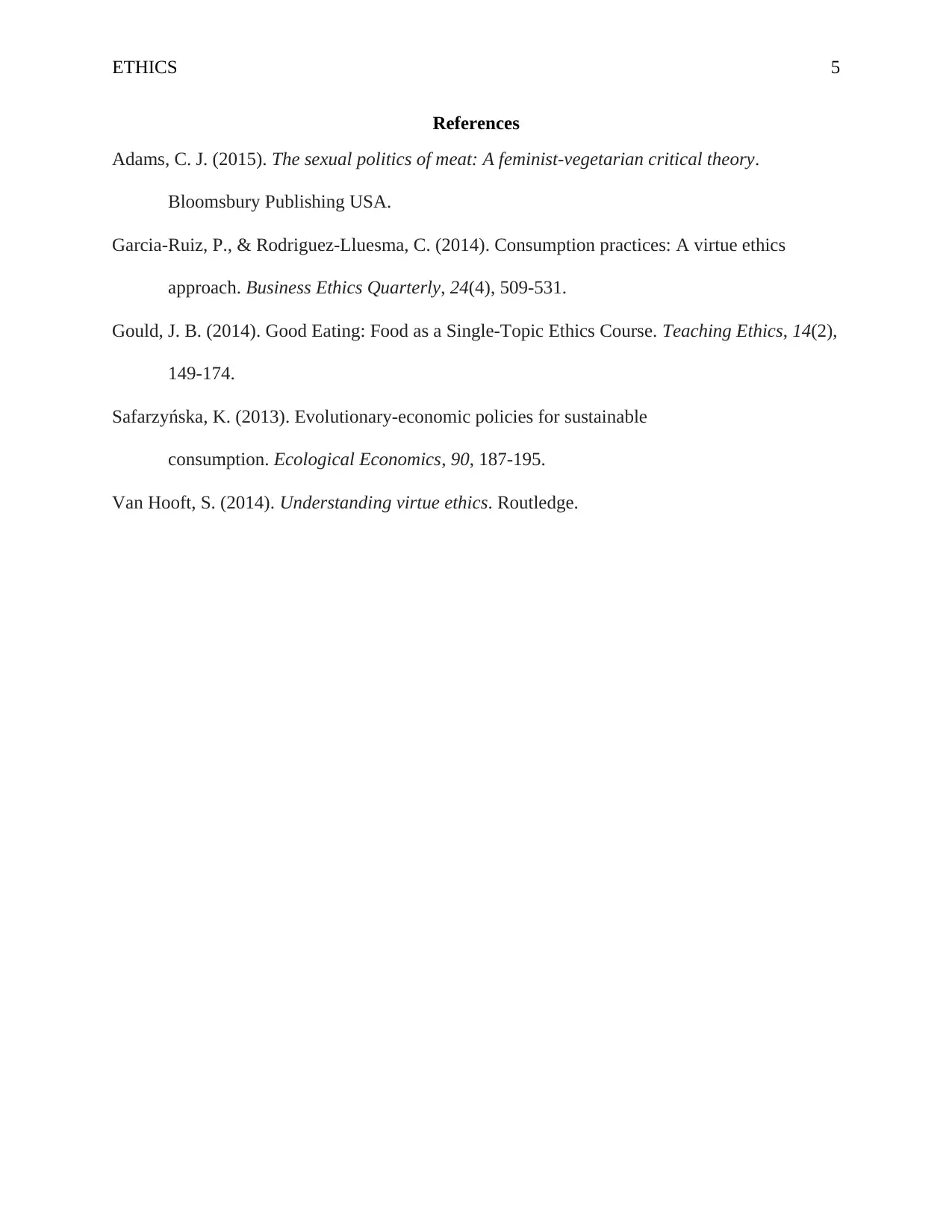






![[object Object]](/_next/static/media/star-bottom.7253800d.svg)